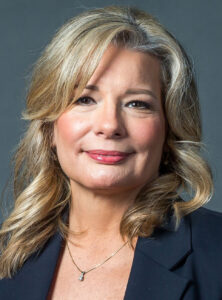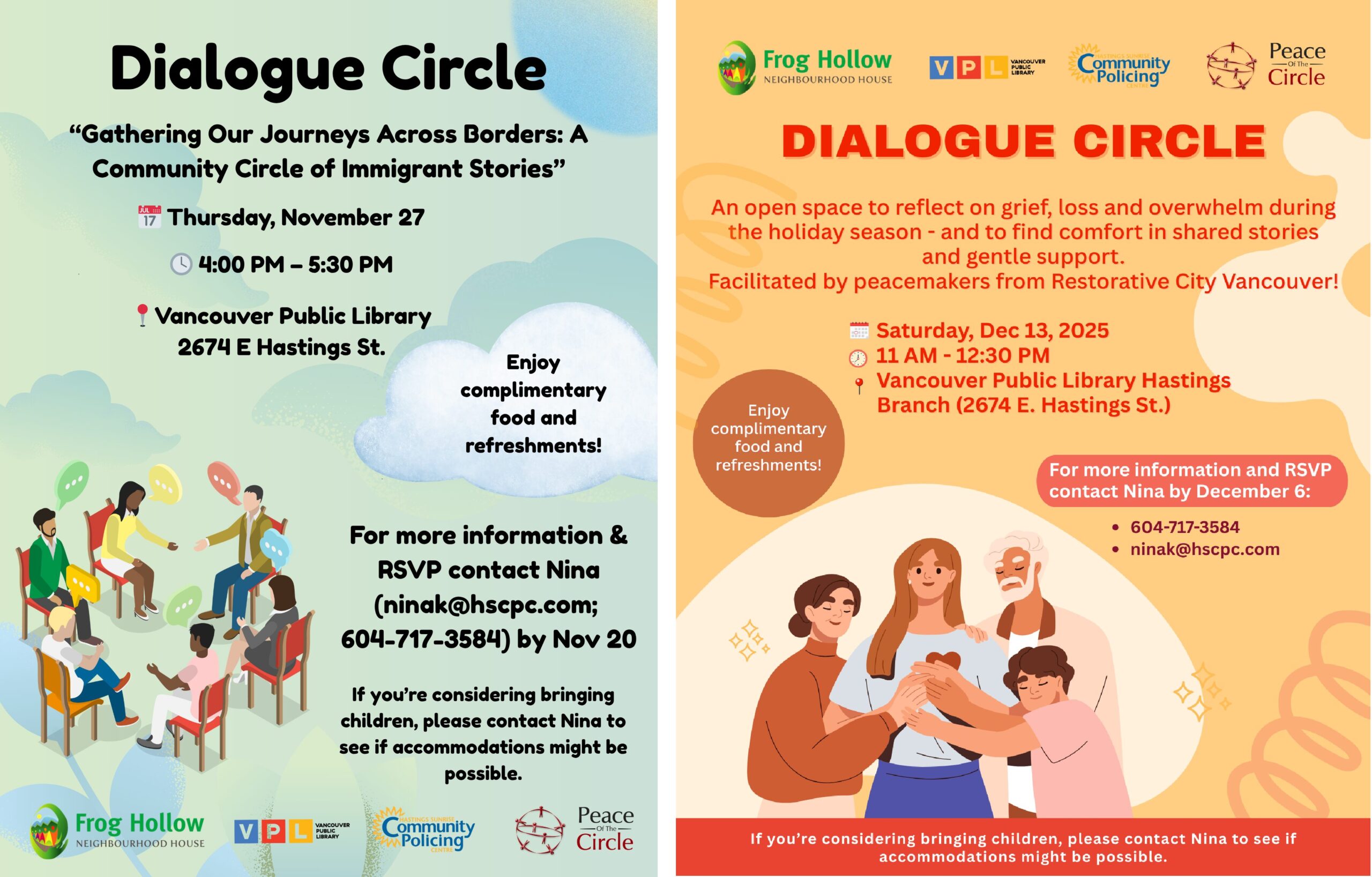Partners Help You Block Out Crime –

Your community policing centre and Block Watch are stepping up their partnership!
These two community safety initiatives have supported each other for many years, but new training modules jointly developed should make both even more effective. Online sessions for new Block Watch members began in July.
Here’s why you should care: A healthy Block Watch means less local crime. Neighbours learn how to spot crime, or criminal activity in the making. They learn when and how to report it. As a bonus, they get to know one another better, and their block becomes a better place to live.
Leah Marlay, Block Watch administrator since 2008, is retiring this year after helping the program grow to 400 groups and 8,000 members across the city.
“I am so excited about this opportunity,” she says. “It’s a perfect fit. To quote HSCPC’s Clair MacGougan, ‘CPCs are really Block Watch on steroids.’ CPCs will be able to use Block Watch to bring even more neighbourhoods together in safety.”
“Citizens who start or join a Block Watch do it for two reasons. One, unfortunately, is that they were the victim of crime or they notice a spike in crime in their neighbourhood. And, two, it’s a great way to meet your neighbours. When neighbours know each other and have been Block Watch trained, it’s easier to recognize suspicious or criminal activity.”
Leah tells the story of a Block Watch captain who brought complaints of graffiti, drug dealing, speeding vehicles, and more. His area was very multilingual and he struggled to communicate with neighbours. He invited them to an annual Block Watch block party. Few showed up, until by the third year he was thrilled by the attendance! At the same time, he was working with Constable Dave Krenz on the crime issues.
“He said he often was able to find one family member who spoke English who would share the Block Watch information with the rest of the family — the need to call the police to report crime and suspicious activity. If it’s not reported, the police don’t know it’s happening and can’t analyze patterns or assign appropriate resources.
“Cst. Krenz connected the captain with the City to help clean up the graffiti and got traffic calming and street lights installed. He worked with other police resources and the community policing centre to bring a more visible police presence. It took a few years, but this resilient Block Watch captain had brought his neighbourhood together and, rather than selling and moving from his beloved neighbourhood, he had reclaimed it.”
“Joining Block Watch can be a great way for new immigrants to build trust and feel safer in their new community,” says Leah. “It allows you to take an active role in ensuring the safety of your neighbourhood. Unlike in some countries where police might be viewed with suspicion, Block Watch is community-driven, focuses on collaboration between residents and is property crime focused.
“By being part of such a group, you can help create a safer environment for yourself and your neighbours, fostering a sense of empowerment and belonging. It also provides an opportunity to meet and connect with fellow residents, building a supportive network that can help you feel more at home and secure in your new surroundings.”
To learn more, visit https://vpd.ca/community/block-watch/ or call (604) 717-2857, Monday to Thursday.
